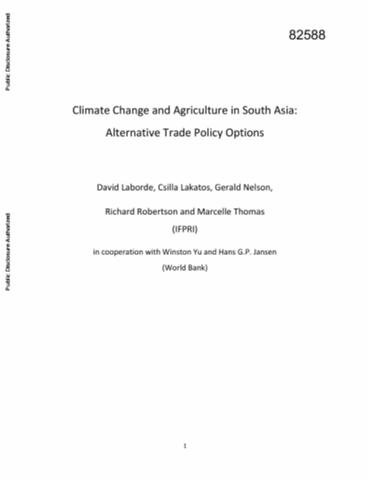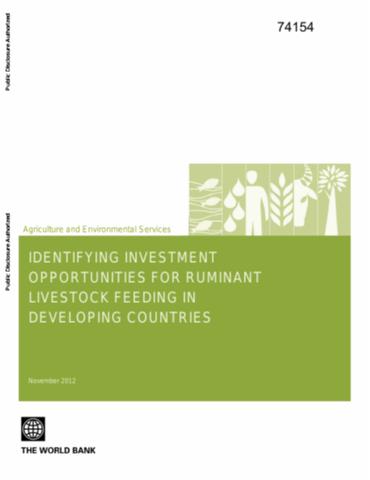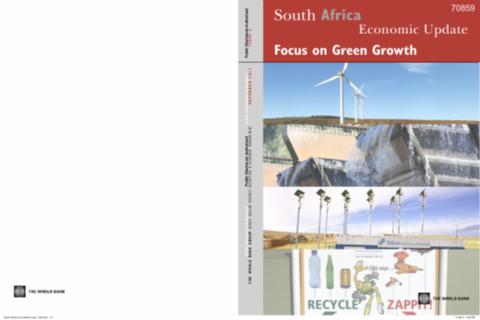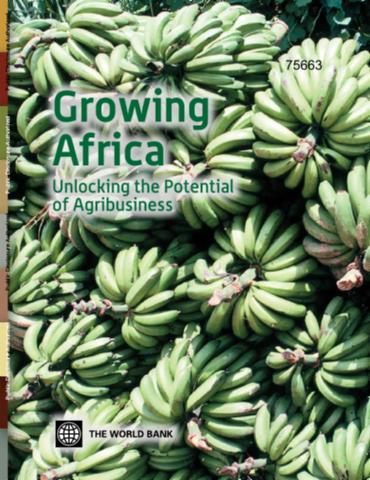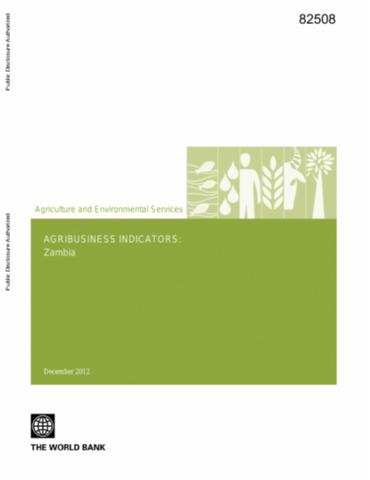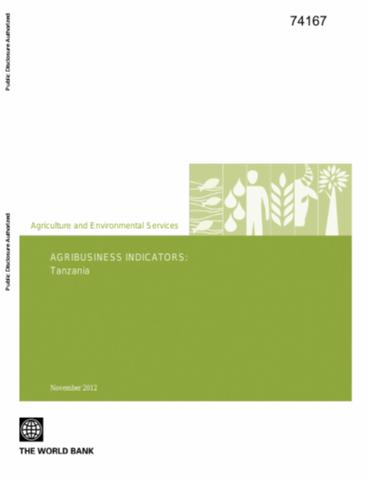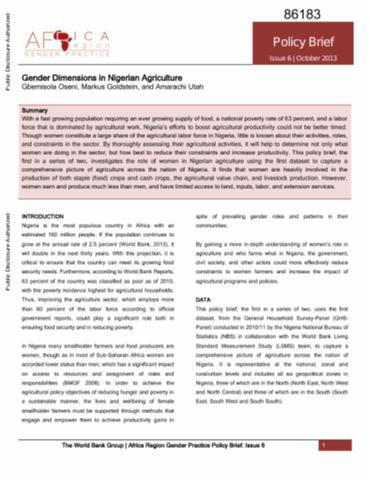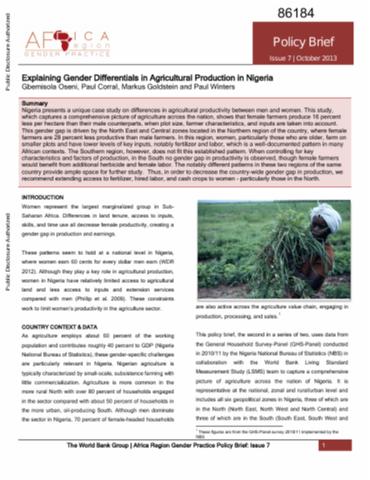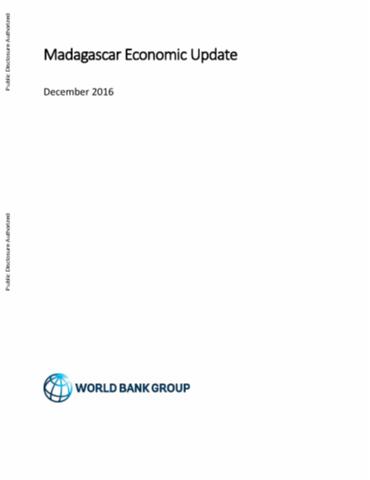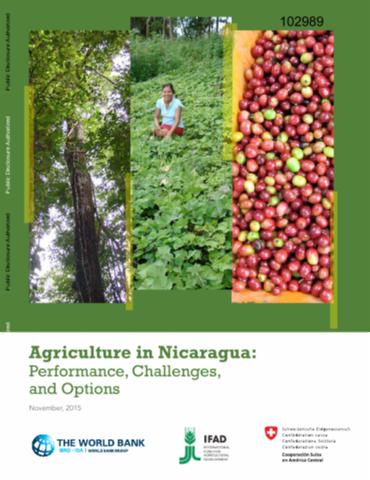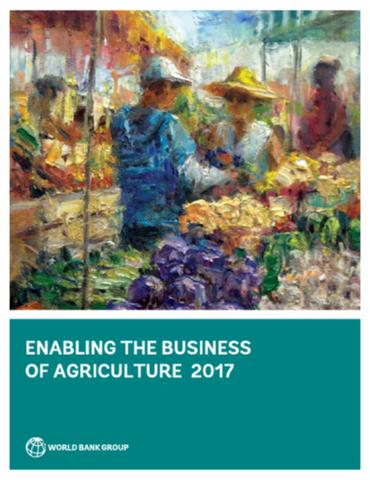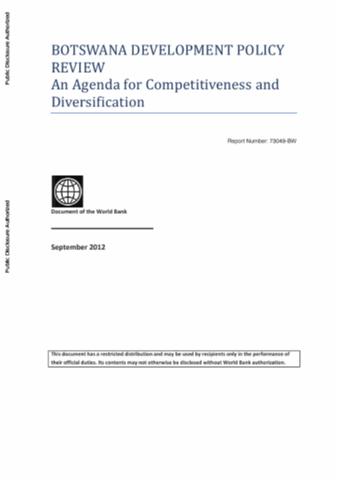Climate Change and Agriculture in South Asia
There is increasing evidence suggesting that climate change will negatively impact agricultural production in South Asia. Decreased domestic production may make South Asian countries more dependent on imports. The extent to which South Asia will need to increase its imports as a result of climate change will presumably depend on the degree to which the latter will affect domestic output.

